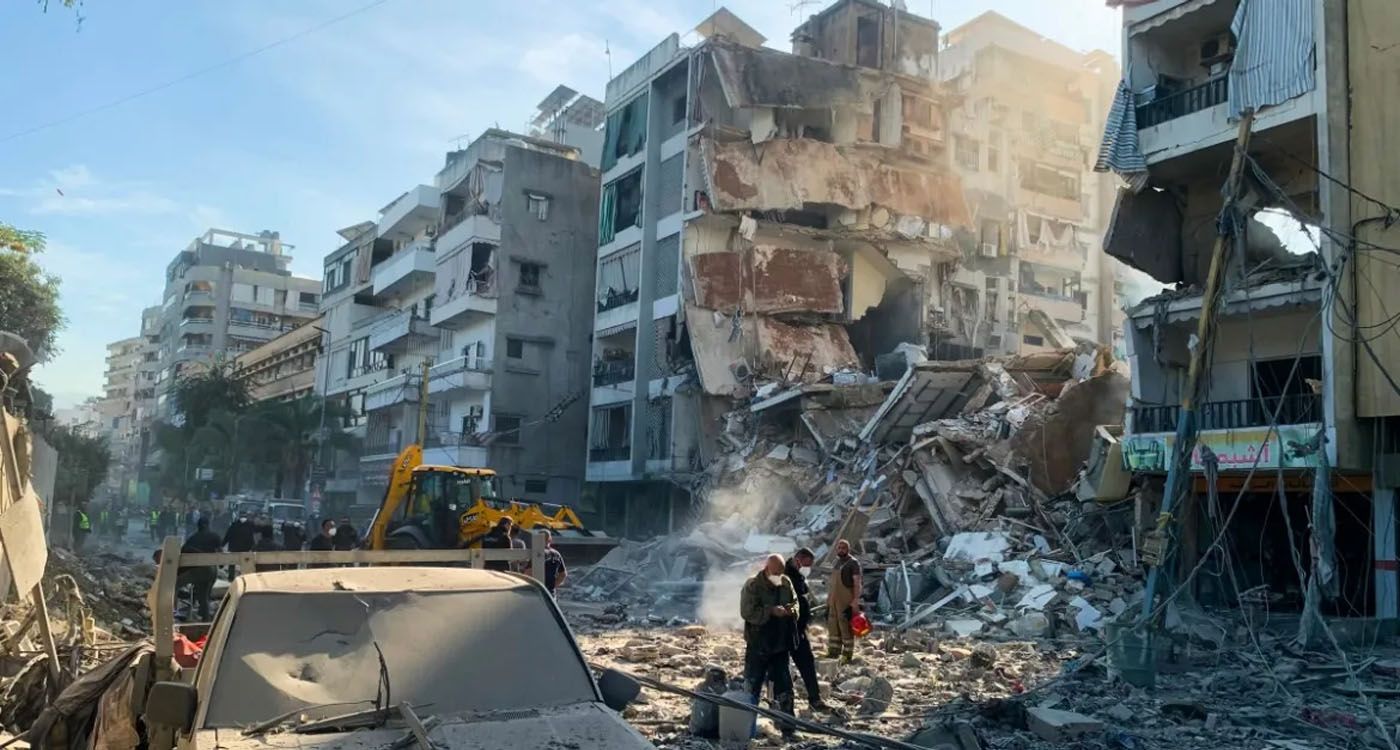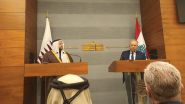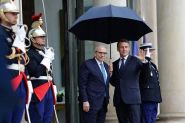
The date of November 26 marked a turning point in the war that has lasted over a year between Hezbollah and Israel. On Tuesday evening, a ceasefire was declared in Lebanon, that took effect early Wednesday morning. While the agreement between the warring parties represents a significant step toward managing the tensions that have plagued the country in recent months, the main challenge now lies in the aftermath, especially as some provisions of the agreement remain unclear. This next phase is centered around two important components: security and politics. If executed as planned, it could result in lasting peace — unless new disputes over implementation mechanisms arise along the way.
The Security Aspect
Although the ceasefire took effect on Wednesday, ambiguities persist concerning certain aspects of this framework agreement. Tensions related to military activities and troop movements have created gray areas in the text, leaving room for possible misunderstandings between the two sides.
To address these issues, Lebanon is awaiting the imminent arrival of an American officer whose role will be to resolve these matters effectively. His mission is considered essential for ensuring the long-term stability of the region and the effective implementation of the agreement. “Meetings will therefore multiply in this context,” says a source closely following the matter, and “the officer in question will be tasked with presiding over these meetings to ensure that the implementation mechanisms are clear to all stakeholders.” His visit aims to facilitate communication between the two parties and to ensure that the conditions of the ceasefire are fully respected.
“This will later allow for the proper implementation of the terms of the agreement, which will not be without challenges,” the same source notes. Much will depend on the role taken by Syrian President Bashar al-Assad, who was warned on Tuesday evening by Israeli Prime Minister Benjamin Netanyahu. “Assad must understand that he is playing with fire,” Netanyahu said, referring to ongoing tensions and military operations in Syria, the supply route for Hezbollah’s weapons from Iran.
While Damascus' position during this phase warrants close attention, other questions remain unresolved: Will the Israeli withdrawal occur over the 60-day period, or only after 60 days (as suggested by the Israeli state)? What about the deployment of the Lebanese Army along the Lebanon-Israel border? When and how will it take place? What of the monitoring committee tasked with overseeing the implementation of Resolution 1701, whose role is central in the agreement?
While the United States will chair this committee, France is expected to play a crucial role. “Let’s not forget that France is directly involved in this matter with a contingent of 700 peacekeepers operating within UNIFIL,” a diplomatic source points out. “France will have an important mission within this committee, which serves as a form of guarantee for both parties that Resolution 1701 and the implementation mechanism will be respected,” the same source adds. “This committee will facilitate exchanges to find solutions to any problems that may arise on the ground.”
The Political Aspect
With the arrival to Lebanon of French envoy Jean-Yves Le Drian on Wednesday (according to a diplomatic source), Paris pursues its longstanding mission of supporting Lebanon, particularly on the political front.
This marks Le Drian’s seventh visit to Lebanon and “is part of France's ongoing commitment to help secure a favorable framework for electing a president of the Republic (a position vacant since October 2022),” according to a diplomatic source.
This commitment goes further, encompassing vacant positions in public institutions and the reform process that the political class must initiate. The process requires the formation of a government and the parliamentary approval of several reform laws across all sectors, the source adds.
As attention turns to Lebanon’s future, the role of the Quintet — comprising the United States, France, Saudi Arabia, Egypt and Qatar — becomes central to supporting the country in its political and institutional recovery. A meeting of the Quintet is necessary and will soon be on the agenda, according to political officials who spoke to This is Beirut.
In addition to the presidential vacancy, Lebanon currently operates with a caretaker government, and its institutions are weakened by endemic corruption and mismanagement.
Although the five nations sometimes have diverging influences, their strategic interest in stabilizing Lebanon takes precedence. Their cooperation is therefore essential to support the necessary reforms and Lebanon’s recovery. This support from the Quintet could manifest as diplomatic pressure and economic incentives. However, the success of these initiatives will depend on the genuine commitment of the Lebanese government.




Comments